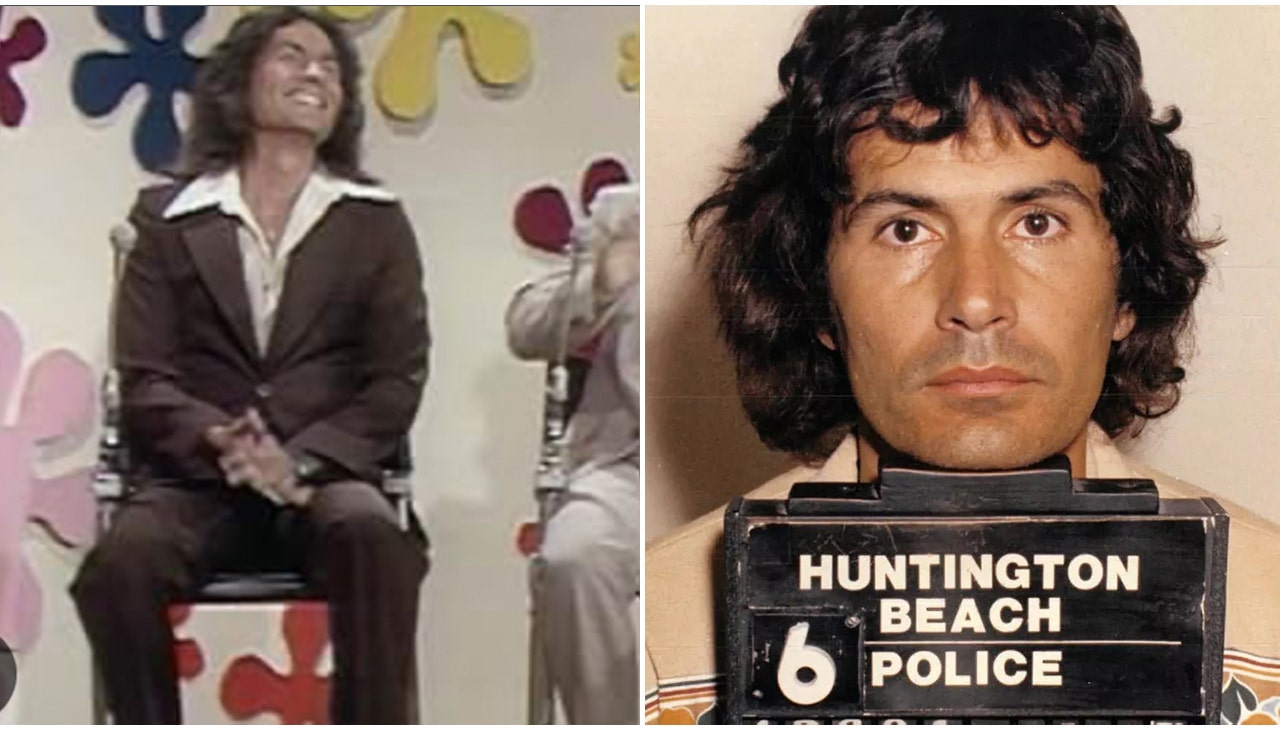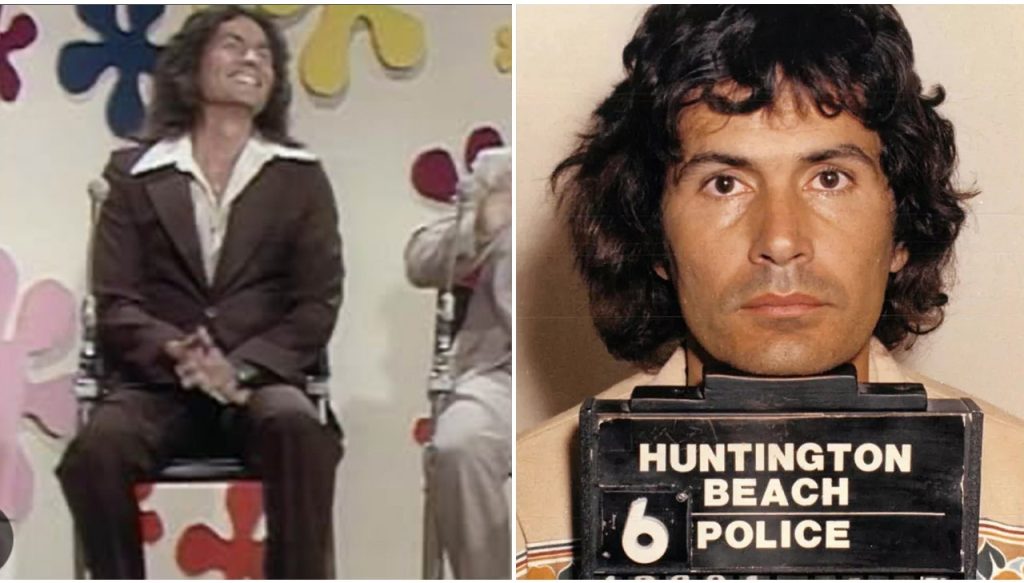In a rare and emotional interview, retired Detective Craig Robison has finally spoken publicly about the infamous “Dating Game Killer” case that shook the nation. Robison, who played a key role in the investigation, revealed details about the man behind the name—Rodney Alcala—and how the killer’s appearance on a 1970s TV show helped crack the case.
The Chilling Role of a TV Show
In 1978, at the height of his killing spree, Rodney Alcala appeared on the popular TV show The Dating Game. He charmed the audience, won a date, and seemed like the perfect bachelor. But behind the smile was a man responsible for some of the most horrifying crimes in U.S. history.
Robison explained that this TV appearance became a crucial piece of the puzzle. “It gave us the exposure we needed to link him to multiple crimes,” he said. The public nature of his appearance eventually helped connect Alcala to victims across several states.

Detective Robison’s Point of View
Robison saw the issue as a personal matter rather than merely another probe. He thought about how hard it would be to find a murderer whose murders were committed in several states, especially with the limited technology available at the time.
“Back then, there were no databases connecting cases across jurisdictions,” Robison said. “Persistence and hard work were the keys to every lead and connection. What about that TV appearance? It provided the much-needed respite we needed.
How a Killer Operates
Alcala’s approach was both planned and unsettling. Before carrying out his horrible deeds, he deceived young women into believing he was a professional photographer. The story was made even more disturbing by the fact that he participated in The Dating Game while he was actively perpetrating these crimes.
The Emotional Toll of Justice
Although bringing Alcala to justice brought some closure, Robison admitted the emotional weight of the case stayed with him. “I think about the victims and their families every day,” he said. “You never forget. You just hope you did everything you could to bring them peace.”
The Legacy of the Case
Rodney Alcala was eventually convicted of multiple murders and sentenced to death, though he died in prison in 2021. For Robison, the case remains a reminder of the importance of vigilance and dedication in law enforcement.
“This wasn’t just about solving a crime. It was about giving a voice to the victims who couldn’t speak for themselves,” he said.

